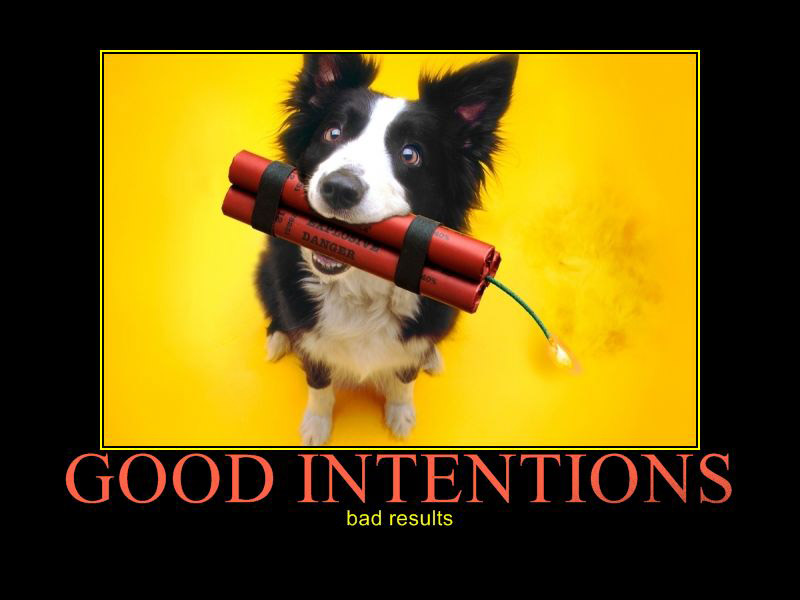
Amy looked at Kay blinking back tears. “I had no idea you felt that way.”
“I didn’t want to hurt your feelings, but I couldn’t let you continue to run over me.”
Amy felt her defenses rising up but Kay quickly added, “I know that was not your intention, you are a natural helper. It’s just that you need to ask people if they want or need your help first.”
She was right; Amy knew it. Kay had risked their friendship to be honest. It was the wound of a friend, but still a wound.
Kay handled the conflict with grace and honesty. She didn’t devalue herself by swallowing her emotions nor did she assume her friend was just selfish.
Amy knew it was hard for Kay to bring up the wall between them. She, too, dealt with the pain of self-revelation well instead of getting stuck on the fact that her intentions were noble.
*******
Sue approached her teammate, Kathy, with excitement. “Let’s plan on calling the client and setting up a lunch to get to know them better.”
Kathy pushed back, “If you don’t mind, I would like to connect via email first to get a feel for their needs and what our strategy should be before a face to face.”
“I thought we could do that over lunch,” Sue said, trying to keep her tone light.
Kathy was clearly annoyed. “It sounds like the decision has been made, so enjoy your lunch.” Then she stormed off.
Sue was left scratching her head, unsure of what just happened. So, she ran it by a co-worker who assured her Kathy was just a drama queen and anything but a team player. Now it was an office drama: Sue with her ally and Kathy reduced to the enemy.
*******
In this situation, the missing information around feelings was left unspoken. Sue is a verbal processor and extrovert who enjoys collaboration. Kathy needs time to internally process her thoughts and is an introvert. She also needs to be asked for her opinion before jumping in. Clearly these two personalities were on a collision course. Sadly, had one or the other asked more questions or risked sharing how they felt, they might have been able to find a middle ground. They both wanted the same things: to do a good job meeting their clients’ needs and establish a good working relationship. They both had good intentions. They just had opposite ways of getting there.
Both of these scenarios represent the biggest problem with good intentions. They are based solely in what we think is good. The fatal assumption is that everyone sees the situation the way we do. Is there any wonder that they often end up producing a bad result?
Children give great insight into this trap. They assume that every one of their friends are living in the same kind of home and family environment that they are. It’s why kids who are abused often fight to stay with those who abused them—it’s all they know and it feels normal. As we get older we realize that there is a great big world out there and we begin to compare ourselves with those around us.
As we mature, God calls us to put aside our childish ways; to look to Him for our template, and seek wisdom. For it won’t be found in ourselves; only when we let Him lift our eyes up to see things from His perspective. He sometimes uses those close to us to help us broaden our perspective. I’m convinced that it might just be God’s plan that causes opposites to attract. Because living with someone who views the world in a different way will drive you crazy at times, but it will also give you a whole other window to the world.
So, the next time you feel misunderstood, hurt, or angry, take a moment to ask yourself – could I be miss-ing information here? Then ask the Lord to help you formulate a question that will open up the conversa-tion wider before it becomes something blown up and destructive. Try to remember that the majority of people are just like you. We are all full of good intentions, trying to get through our days without making waves or enemies, and most likely the other person is feeling just as misunderstood.
Of course, there are extenuating circumstances and painful realities, but I believe that 99% of most conflict stems from missing information about each other and good intentions gone bad. God models an abundance of grace. We should offer nothing less to our fellow man.
